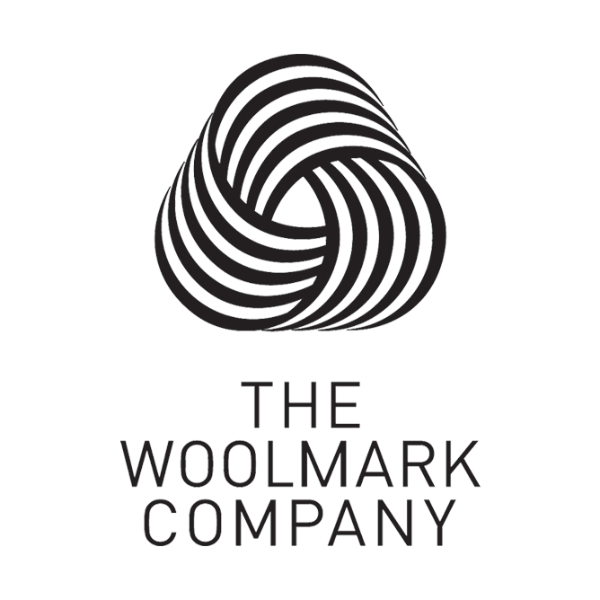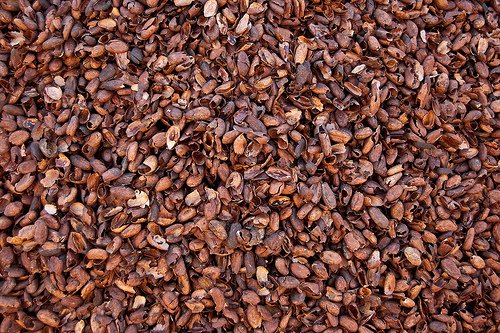How can the fashion industry tackle textile waste in 2,470 days?
How can the fashion industry tackle textile waste in 2,470 days? Sharon from Medoola looks at the challenges yet to face the fashion and textile industry and our solution to support a waste and circular solution
The clock is counting down to 2030 at a pace for the Textile and Fashion Industry. That's 2,470 available days of action to meet the UN Sustainable Development Goal 12.5. Are fashion firms, manufacturers and suppliers ready for this final leg, or is it time to take urgent action regarding textile waste and circular life cycles?
Through our research at Medoola, we are blown away by the steps so many textile and fashion organisations are taking to go beyond the 2030 UN guide to Sustainable Development Goals…it is truly inspirational!
Saitex
Sanjeev Bahl, Founder and CEO of Saitex based in Vietnam has taken the manufacturing of denim to incredible levels on all the UN’s SDG’s…
The Woolmark Company
are taking huge strides in their sustainability journey supporting all three pillars…People, Planet and Prosperity. Their work with farmers is producing amazing results. Their drive for circularity in the textile industry is leading the way and is well aligned with 11 of the 17 SDG’s…
The spotlight is clearly on the drive to net-zero emissions by no later than 2050, and it's exciting to see major brands partnering with reuse, repurpose and recycle trailblazers like ReSkinned Clothing.
There’s room to be curious…
But we are more curious about the small innovative changes, often overlooked, yet opportunities that can make an incredible, seismic change to the way textile and fashion organisations operate and work towards the UN SDG's.
When we break down 12.5, the expectation is by 2030, 'the industry must substantially reduce waste generation through prevention, reduction, recycling and reuse'. That is no small feat for an industry estimated to contribute 2.8 billion tonnes of GHG emissions, (Woolmark Learning Centre ) and for textile waste to reach an estimated 148 million tonnes globally by 2030 (Global Fashion Agenda and The Boston Consultancy Group Inc. )
The UN’s SDG’s suggest ways of working towards this goal are using only responsibly produced fibres, biodegradable fibres and recycled fibres, considering the end of life of the garment and, of course, lower production. The final element is to encourage more conscientious consumption.
Yet textile waste is still fashion's big sustainable headache
The added pressure of the Extended Producer Responsibility (EPR) proposed landfill restriction for 2030 now poses additional questions over textile end of life. In the EU, from 2025, separate textile waste will become mandatory, and discussions are in place to ensure that by 2030, "textile products placed on the EU market are long-lived and recyclable, to a great extent made of recycled fibres, free of hazardous substances and produced in respect of social rights and the environment" (European Parliament).
With even the most efficient production methods, there will still be textile waste. Where can that waste go, and how will your organisation integrate this sustainability development into your operations?
We have a solution.
Our sustainable pledge for the fashion industry is to replace up to 80% of current paper content with own-brand textile fibres, reducing reliance on paper products to create packaging and point-of-sale items from textile waste.
Prototype with 25% textile waste, using generic textile waste within a small sample batch
Our function is to accelerate this at pace as a tested and scaled solution in other industries. With time at the essence, we have got this in the paper bag… have you?
Medoola - Sustainability Change Makers
How else can we help your organisation achieve the UN's SDG 12.5 at whatever stage of your sustainable journey? As sustainable change makers, we love a purpose-driven brief.
Hello Mars Wrigley Bean Board…
CASE STUDY: Hello Mars Wrigley Bean Board
Tasked with the brief to embed sustainability into retail display units for Mars Wrigley, we developed a concept for point of sale strength board incorporating cocoa husk process waste.
Our Approach
Workshop sessions identified the process waste - cocoa shells
New material development identified the waste as viable for innovation
Prototype to production allowed us to build the process steps for the trial
The innovation trial with Tesco offered clear consumer messaging that value against the Mars Wrigley’s Sustainability Plan.
Delivered Value
First to market
Clear and validated consumer messaging
52% environmental footprint reduction*
Cost neutral material
25% reduction in materials per unit build
Medoola - Sustainability Change Makers
How else can we help organisations achieve circular innovation? As sustainable change makers, we love a purpose-driven brief.
*LCA verified







